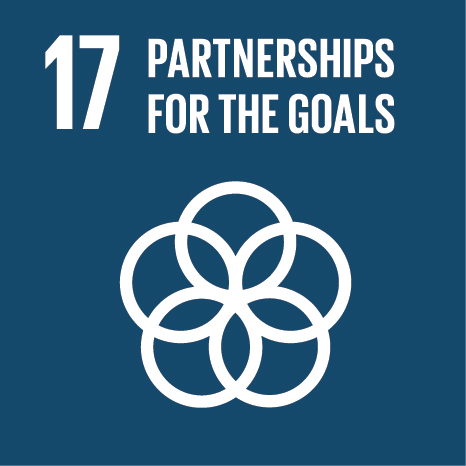Ciência_Iscte
Publications
Publication Detailed Description
The future of international development cooperation : fragmentation, adaptation and innovation in a changing world
Web of Science®
This publication is not indexed in Web of Science®
Scopus
This publication is not indexed in Scopus
Google Scholar
This publication is not indexed in Overton
Abstract
This study stemmed from the need perceived by the Portuguese Platform of NGDOs (PPNGDO) to produce knowledge that will help its members carry out a more informed analysis of the changes in International development cooperation (hereafter, development cooperation). Understanding the transformation underway and the challenges it presents is fundamental for the PPNGDO and its members to jointly outline possible paths into the future, setting out the future direction of action, their priorities and their options. The study was conducted with three goals in mind: 1) tracing the progress of development cooperation over the past 20 years, while reflecting and discussing the ongoing changes in a multiplex world; 2) addressing the challenges faced by key public and private development cooperation actors view of the ongoing change; 3) contributing to the discussion on this new configuration of development cooperation by offering guidelines based on adaptation and innovation for thinking and acting in a complex, fragmented and fragile multiplex world. This study sought to review the available academic and grey literature (reports from development cooperation organisations, blog posts, online discussions and interviews), and where possible, interviews with professionals from international organisations – both governmental and non-governmental – were used. In the introduction of the study, we contextualise development cooperation in a changing world and describe the framework for discussion applied to each of the following sections: In Part I, changes in development cooperation and ODA are addressed, based on three issues that are crucial for the sectors: quantity, quality and legitimacy. Part II highlights the challenges faced by key public and private actors of development cooperation - either ‘“traditional’” or ‘“new’” ones. Finally, Part III outlines a few guidelines on complexity, fragmentation, and fragility, which can provide useful tools for analysis in the new context. To conclude, we offer civil society organisations some points for reflection.
Acknowledgements
--
Report Type
International project final report
Keywords
Fields of Science and Technology Classification
- Economics and Business - Social Sciences
- Political Science - Social Sciences
- Other Social Sciences - Social Sciences
Contributions to the Sustainable Development Goals of the United Nations
With the objective to increase the research activity directed towards the achievement of the United Nations 2030 Sustainable Development Goals, the possibility of associating scientific publications with the Sustainable Development Goals is now available in Ciência_Iscte. These are the Sustainable Development Goals identified by the author(s) for this publication. For more detailed information on the Sustainable Development Goals, click here.

 Português
Português




